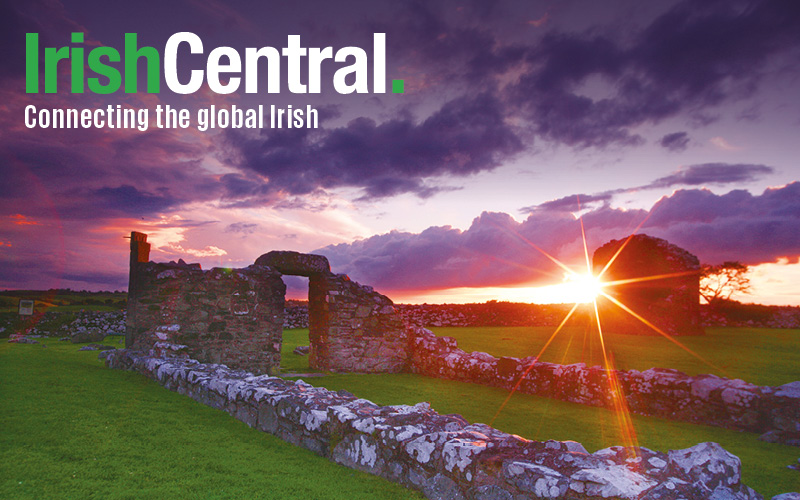Seamus Heaney is the greatest poet of his generation, a Nobel Literature Prize winner who has continued the extraordinary success of Irish writers into the new millennium.
Now 70, Heaney has not been in the best of health, suffering a stroke a few years ago that incapacitated him for a time. Fears were expressed that the greatest lyric poet of the last century could no longer write.
Thankfully that has not been the case. His new book of poetry will typically deal with the crisis that the stroke caused him, using it as his muse for his newest collection.
He was back in New York last week at a truly historic gathering at the American Irish Historical Society.
Physically Heaney looked great, that map of rural Ireland still stamped on his face, and that country wisdom and wit, as befits a South Derry farmer’s son, still very evident.
Heaney has become the poet of ordinary people. His best stanzas celebrate the rhythms of rural life and the universal lessons and observations that spring from them. He is accessible to even the most casual reader, a fact that irritates some critics who like their poets obscure and hard to grasp.
He was at the American Irish Historical Society to deliver the first Thomas Flanagan memorial lecture, and after he delivered it someone was heard to remark, “God Help the man or woman who has to deliver the second.”
It was that good. Flanagan, author of The Year of the French and many other great historical novels, was a medalist of the society and spent many happy times there partaking in their activities and reading and writing.
Flanagan was a unique figure, an Irish American who managed to get inside the skin of Ireland in a way that very few outsiders have.
The Year of the French is as perfect a depiction of life in Ireland towards the end of the 18th century as can be found. Flanagan somehow was able to immerse himself in the rhythms of life at the time to create a trilogy of books unerring in their attention to detail and gripping to read as well.
In his lecture Heaney, in his typical homespun manner, managed to bring the relationship he had with Flanagan to life in a vivid and wonderful way.
The two men’s lives were deeply intertwined.
When Heaney moved to California as a young poet and lecturer, Flanagan was the first to embrace him, look out for his family and become his firm friend. Equally when Flanagan spent years in Ireland researching his books, Heaney was his sounding board, confidante and bosom buddy.
Heaney referred to the older Flanagan as his foster father, and went on to explain what fostering meant, the reality that in Ireland many centuries ago fostering out children was a very common pursuit and the foster parents became a beloved part of the family inner circle.
He felt that Flanagan fostered him in the same way, especially in America, encouraging him with the most critical decision of his life, to become a full time poet when many others thought it was a foolhardy step.
Then when Flanagan was writing his epic books in Ireland, he and Heaney became boon companions, testing each other’s work out with the other.
Heaney described wonderfully how he would arrive at Flanagan’s house in Terenure, Co. Dublin armed with his latest poems, and how he and Flanagan would take turns with each other reading from their latest work.
They learned form each other too. Heaney revealed how Owen McCarthy, the itinerant poet and hero of The Year of the French, somehow managed to take on many of the poetic conflicts that were affecting Heaney’s life at the time.
Equally, Flanagan’s incredible insight into Irish patriots, scoundrels and ordinary folk informed Heaney’s insights into his own people.
You could hear a pin drop as Heaney spoke and, indeed, it is hard to imagine there was ever a better evening at the venerable society.
It was wonderful to see and hear Ireland’s poet laureate, our greatest since Yeats, back again in full poetic force.




Comments